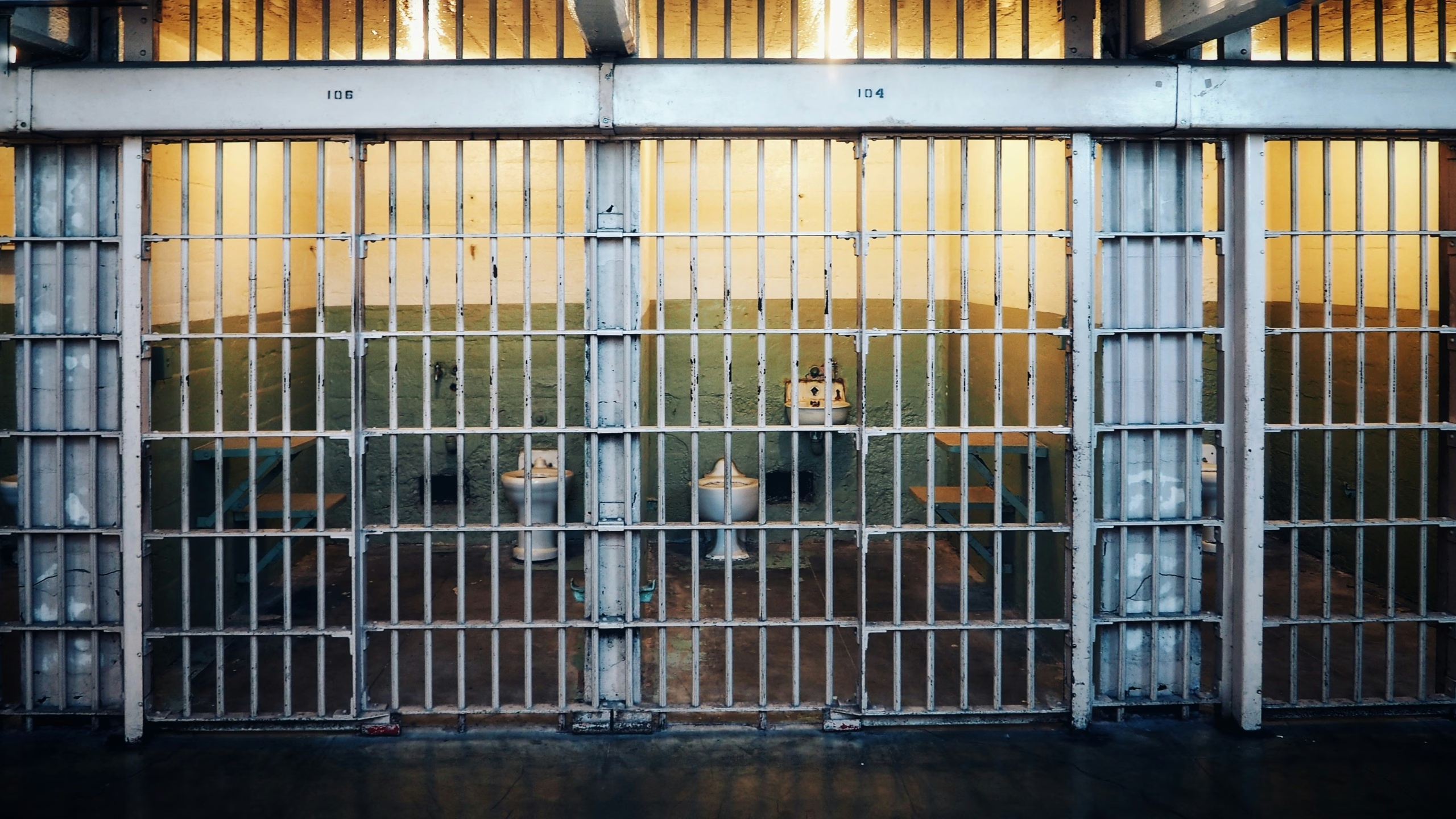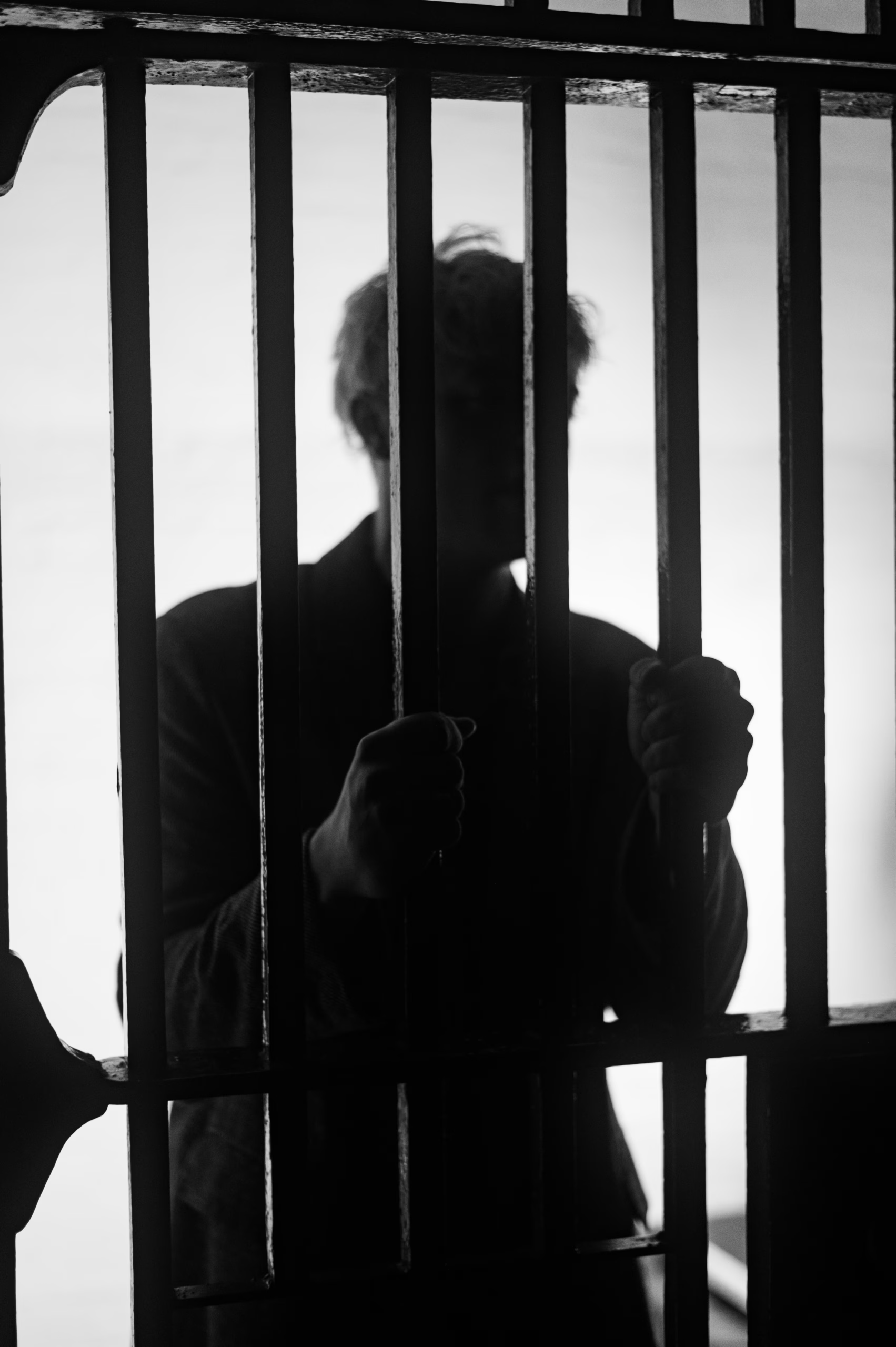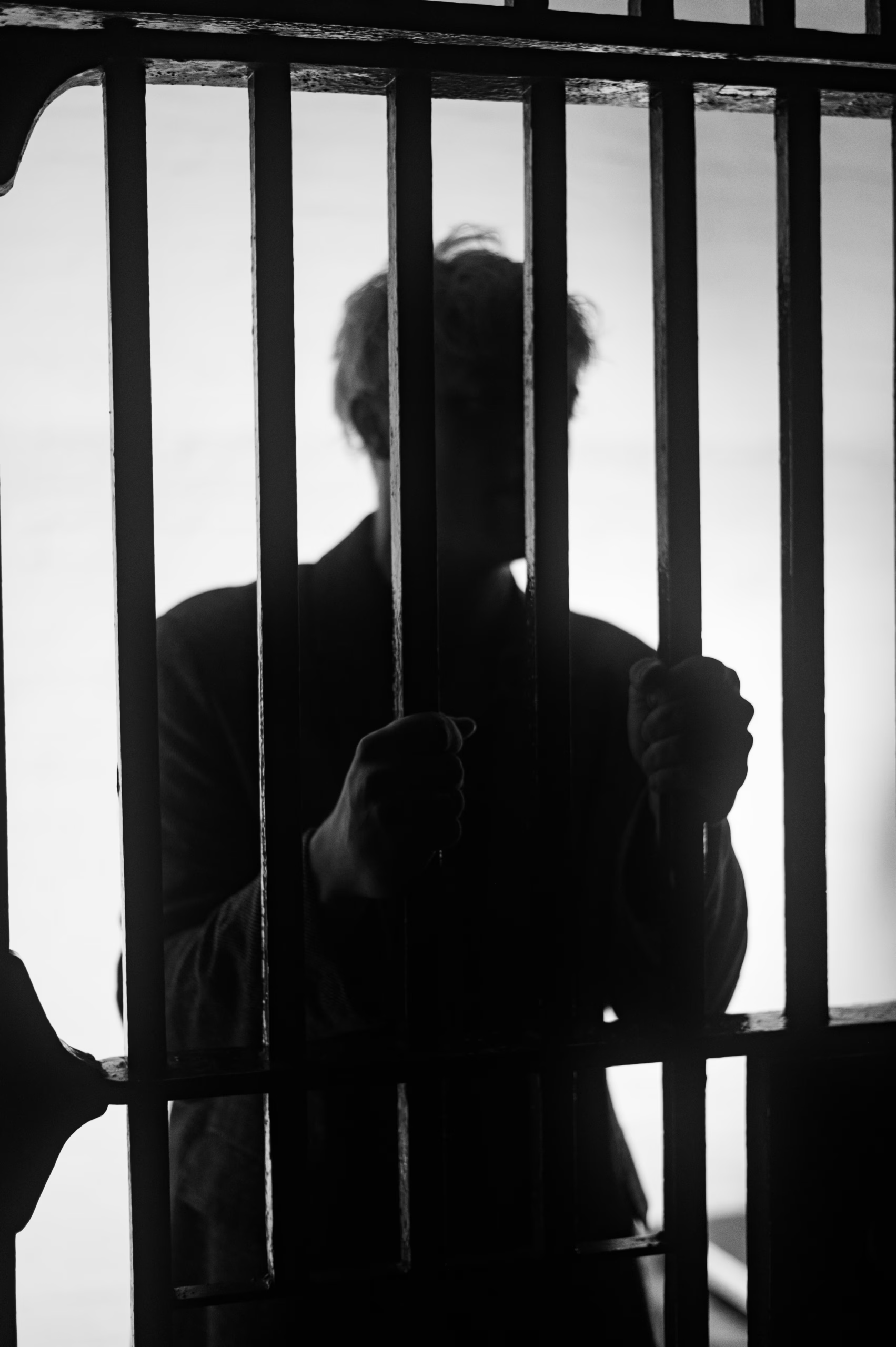Addressing Georgia's Urgent Call For Change
Georgia's prison system stands at the precipice of a crisis. It is marked by rampant violence and entrenched corruption. These issues have dire implications for both inmates and the wider community. The stark realities of prison violence and contraband smuggling highlight systemic failures. These failures not only jeopardize inmate safety. They also threaten public security. Staffing shortages exacerbate these issues, leaving facilities woefully unprotected and vulnerable to gang control. The plight of LGBTQ+ individuals is particularly alarming. They face heightened risks of violence and abuse. This situation underscores the urgent need for comprehensive reforms. As we delve into this pressing issue, it becomes clear. A call for change is necessary to uphold justice and human dignity in Georgia's correctional system.
The Crisis of Violence and Corruption
The Georgia prison system is facing an unprecedented crisis. Violence and corruption are rampant. This situation threatens the safety of both inmates and staff. This section delves into the alarming rise in violent incidents. It examines the critical staffing shortages exacerbating safety risks. The section also explores the growing influence of gang control within correctional facilities.
Unchecked Violence in Prisons
Georgia's prisons have become hotbeds of violence, with homicide rates skyrocketing in recent years. Between 2018 and 2023, 142 homicides were reported across state facilities, marking a stark increase from previous periods.
Incidents at facilities like Smith State Prison and Central State Prison exemplify the severity of the situation. Brutal assaults and fatal stabbings have become disturbingly commonplace there. These events underscore the systemic failures in maintaining a safe environment for incarcerated individuals.

The unchecked violence not only violates the basic human rights of inmates but also creates a cycle of trauma and retribution that perpetuates further violence, making rehabilitation nearly impossible.
Staffing Shortages and Safety Risks
Critical staffing shortages plague Georgia's prison system, with vacancy rates exceeding 70% in some facilities. This severe understaffing leaves inmates largely unsupervised, creating a dangerous environment ripe for violence and criminal activity.
The lack of adequate personnel not only compromises the safety of inmates but also puts the remaining staff at significant risk. Overworked and outnumbered, correctional officers struggle to maintain order and respond effectively to emergencies.
These staffing issues have far-reaching consequences. They lead to increased violence and reduced access to rehabilitation programs. This ultimately undermines the correctional system's core mission of public safety and inmate reformation.
Gang Control and Inmate Vulnerability
The power vacuum created by staffing shortages has allowed gangs to assert control over many prison housing units. This shift in power dynamics has dire consequences for the overall prison population, especially for vulnerable inmates.
Gang members often exploit their influence to extort other inmates, orchestrate attacks, and maintain a climate of fear and violence. This environment makes it nearly impossible for non-affiliated inmates to serve their sentences safely or focus on rehabilitation.
Gang control is pervasive and threatens immediate safety. It perpetuates criminal networks that extend beyond prison walls. This situation poses a significant challenge to both prison management and public safety efforts.
Corruption and Contraband Issues
Corruption within the Georgia prison system has reached alarming levels. This fuels a thriving contraband trade. It undermines security and rehabilitation efforts. This section examines the widespread smuggling schemes that implicate staff members. It also discusses the far-reaching impact of these illicit activities on surrounding communities.
Smuggling Schemes and Staff Implication
The contraband crisis in Georgia's prisons has reached epidemic proportions, with over 350 prison employees implicated in smuggling schemes. These operations involve a wide range of illicit items, from drugs and weapons to cell phones, all of which fuel violence and criminal activity within the facilities.
The involvement of staff in these schemes is particularly troubling, as it erodes the integrity of the entire correctional system. Cases like the former warden of Smith State Prison being charged in a drug-smuggling conspiracy highlight the depth of the problem.

The prevalence of contraband, especially cell phones, enables inmates to continue criminal activities from behind bars, orchestrating crimes that extend far beyond prison walls.
Impact on Surrounding Communities
The contraband crisis within Georgia's prisons has significant repercussions for surrounding communities. The flow of illegal items in and out of prisons creates a direct link between incarcerated individuals and criminal networks operating in nearby areas.
Incidents like the September 2023 drive-by shooting were orchestrated by an inmate using a contraband cell phone. These incidents demonstrate the real-world consequences of these security breaches. Such events not only endanger public safety but also strain local law enforcement resources.
The ongoing contraband issue undermines the rehabilitative goals of incarceration. It perpetuates a cycle of crime that affects both inmates and the broader community. Addressing this crisis is crucial for breaking this cycle and ensuring that prisons serve their intended purpose of reform and public protection.
Addressing Urgent Reforms and Solutions
The dire state of Georgia's prison system calls for immediate and comprehensive reforms. This section outlines critical areas for improvement, including addressing staffing and safety concerns, renovating outdated facilities, and implementing measures to protect vulnerable inmate populations.
Addressing Staffing and Safety
Tackling the staffing crisis is paramount to restoring safety and order in Georgia's prisons. A multi-faceted approach is needed to attract and retain qualified correctional officers.
- Implement competitive salary structures and comprehensive benefits packages to make correctional careers more appealing.
- Develop robust training programs that equip staff with the skills to handle complex prison environments effectively.
- Create a supportive work environment with opportunities for career advancement and professional development.

Addressing staffing shortages will naturally improve safety conditions by ensuring proper supervision and timely response to incidents. Additionally, implementing advanced security technologies can supplement human oversight and enhance overall facility safety.
Renovating Facilities and Infrastructure
Many of Georgia's prisons are plagued by aging infrastructure that compromises security and living conditions. A comprehensive renovation plan is essential to address these issues.
Key areas for improvement include:
- Repairing or replacing faulty locks and security systems
- Upgrading surveillance equipment to modern standards
- Improving sanitation facilities to ensure basic hygiene and health standards
Renovations should also focus on creating spaces conducive to rehabilitation, such as educational facilities and vocational training areas. This approach not only improves immediate living conditions but also supports long-term goals of reducing recidivism.
Protecting Vulnerable Populations
Protecting vulnerable inmate populations, particularly LGBTQ+ individuals, must be a priority in reform efforts. This requires a multifaceted approach that addresses both policy and culture within the prison system.
Implementing robust classification systems that consider individual vulnerabilities is crucial. This should be coupled with specialized training for staff on diversity and inclusion, focusing on the unique challenges faced by LGBTQ+ inmates.

Establishing clear protocols for reporting and investigating abuse allegations, with a focus on thorough and unbiased investigations, is essential. Additionally, creating support systems and safe spaces within prisons can provide crucial resources for vulnerable inmates.
